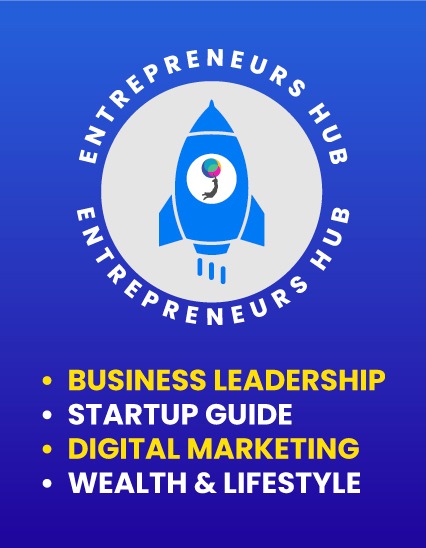The Empowering Force of Finance

When we hear “financial influence,” our minds often drift to its negative connotations, like corrupt officials and corporate lobbying. But have you pondered the power of finance to shape a better world? Ordinary individuals, like you, have already left their mark on our global landscape.
Amidst the deluge of grim news on poverty and conflict, the unsung generosity of strangers is a beacon of hope.
Currently, 1.22 billion people endure extreme poverty, surviving on less than $1.25 per day, and 2.4 billion scrape by on less than $2 daily—a sobering reality.
Yet, in the last two decades, impactful initiatives have sliced the number of those living in extreme poverty in half, per the United Nations Millennium Development Goals. That equates to 700 million fewer souls in abject poverty in 2012 compared to 1990.
Acts of giving are reshaping the world, bolstering education, elevating living standards, and widening access to life-saving medicines. Our mission isn’t complete, but now, giving is more accessible than ever.
Effortless Philanthropy
Remember when you could text a donation to the Red Cross during a natural disaster? That’s what we call “effortless giving.”
Simplified giving leads to increased generosity. In 2013, online donations surged by 13.5%, while overall charitable contributions rose by 4.9%, according to The Charitable Giving Report based on The Blackbaud Index.
Apps like SwipeOut, set to debut in 2015, streamline giving further. This innovation involves linking your bank information to a trusted charity, rounding up your credit card transactions, and channeling the “spare change” to causes like hunger relief and human trafficking rescue. You control the monthly cap, and 100% of donations are tax-deductible.
The Ripple Effect
Balancing daily expenses and future planning needn’t hinder our altruistic impulses.
It may evoke the butterfly effect, but modest choices can have a colossal impact. For instance, Americans spent an estimated $3.25 billion on potato chips and $70 billion on lottery tickets in a year. Yet, just $6 billion could fund basic global education. Small changes may not alter your lifestyle, but they can transform someone else’s world.
Strategies for Global Impact
- Maximize Your Pennies:
No contribution is too small. In the realm of foreign aid, the costs of fulfilling fundamental human needs are often lower in developing nations than you might expect. A mere $3 buys an insecticide-treated bed net to combat malaria, while $18 provides a family in a developing country with a pair of chickens through Oxfam America.
- Tap into Your Employer’s Benevolence:
Some corporations match their employees’ charity contributions, sometimes up to 100%. Explore your company’s resources or consult your HR department.
- Be a Purpose-Driven Company:
As a business owner, leverage tax-deductible giving and become the preferred workplace for socially conscious individuals. According to the 2014 Millennial Impact Report, a company’s commitment to causes ranks third in importance to millennials when seeking employment.
- Legacy Giving:
Beyond cash and property donations, you can use your life insurance policy for tax benefits, providing charities with more substantial support.
- Gift in the Name of Loved Ones:
Consider gifting to a cherished individual’s favorite charity in their name instead of traditional presents.
- Encourage Others to Give:
Suggest that your co-workers redirect their gift cards towards those in need. Alternatively, opt for a family agreement to allocate funds to charity rather than exchanging gifts. You could even combine resources to build a well in India, providing clean water to a village.
- Embrace Volunteering:
Volunteering benefits not just the world but also your mental and emotional well-being. Recent studies show that volunteers are more content with their work-life balance. Find a cause that ignites your passion and commence your journey of change.
- Choose Ethical Consumption:
Despite progress against world hunger, human trafficking remains a dire issue. Approximately 27 million people are enslaved today, more than ever before. There’s a likelihood that such individuals contribute to the production of your clothes, electronics, and chocolate. Stay informed about brands and products that warrant caution or support abolitionist initiatives.
Investigate “benefit corporation” status companies committed to societal and environmental impact. They are legally bound to create a positive influence.
For guidance on effective giving, explore websites like Give Well and Charity Navigator, offering third-party assessments of charities aligned with your chosen cause.


















